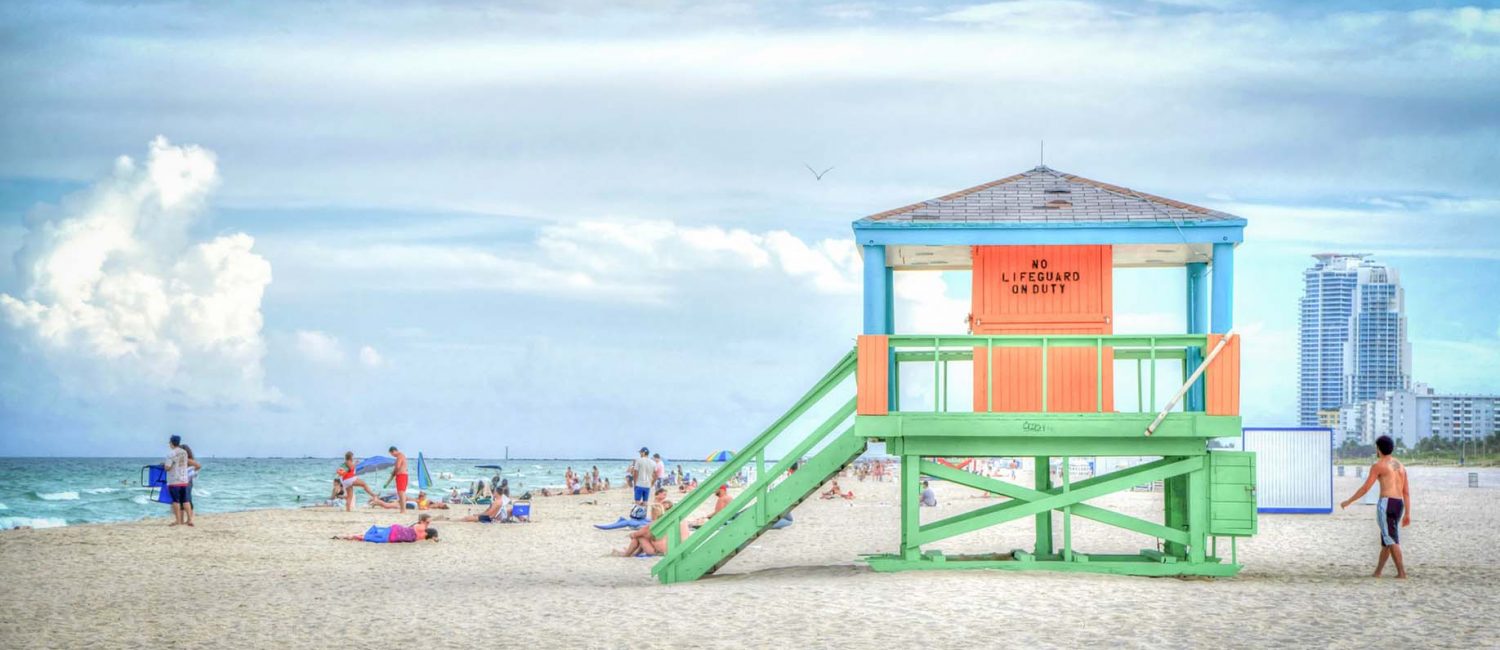
The Lifeguard Service
The Commission took over the operations of the Lifeguard Service on June 01, 1979 from the Bridgetown Jaycees with a complement of seven (7) lifeguards. This group comprised one (01) Chief guard, three (3) senior lifeguards and three (3) lifeguards.
Recognizing the need for an expansion of the service, a temporary post of Lifeguard Instructor was created in September 1979. Mr. Lorenzo Best a former Harbour Police was the first Lifeguard Instructor.
Over the years the Commission trained several recruits to the Bronze Medallion & Bronze Cross levels and currently employs [1] Lifeguard Instructor, [1] Supervisor of Lifeguard, [1] chief lifeguard, [4] Senior Lifeguards and [91] Lifeguards. In addition ten [10] recruits have recently completed training with a view to being employed as lifeguards. Lifeguards are classified as emergency medical professionals and search and rescue personnel who engage in protocols which include the administration of oxygen, manual suctioning and specialised aquatic spinal rescue and management.
Over the last seven (7) years Members of the service put on demonstration for World Ocean Day (June 08), May Day celebrations and as part of the Barbados Tourism Authority annual week of activities. The service also successfully staged a marine rescue simulation exercise in preparation for Cricket World Cup 2007 at Sandy Lane on June 08, 2006.
Training for Lifeguards
All Lifeguards were certified to the Bronze Medallion Level prior to 1988. However, the minimum certificate for lifeguarding in Barbados was upgraded from the Bronze Medallion Certificate, to the Bronze Cross Certificate, which is issued from the Royal Life Saving Society of Canada.
In 1988 Canadian Representatives also advanced the service to equip members with The Cardio Pulmonary Resuscitation – B.C.L.S – Level C Certificate. This level is the same prerequisite required by Emergency Medical Technicians for employment.
Other leadership programmes such as Aquatic Emergency Care (A.E.C) and Lifesaving Fitness, which place emphasis on aquatic fitness, were also examined after being taught by the Canadian Representatives. Additionally, members of the service possess the National Lifeguard Certificate, which includes waterfront & surf options and are CPR healthcare providers.
Equipment
Lifeguarding is a specialized skill and therefore utilizes specialized equipment in the execution of their duties. The Commission is committed to ensuring that the skills and equipment of the lifeguards are maintained to international standards and as such has employed the use of various lifesaving devices including: Polymer V Block Spine Boards, Dolphin Rescue Boards and Industrial first Aid Kits as part of its sustained efforts to create and maintain a safer environment at our beaches.
Lifeguard Championships
On August 24th 1991, the service held its first National Lifeguard Championship sponsored by The Heart Foundation and The Lion’s Club of Barbados South, Enterprise New Beach in Christ Church was the venue and a large crowd was on hand to witness this spectacular event, which was an athletic, Rescue and Pre-hospital Trauma Life Support event competition.
In September 1997, the Lifeguard Instructor and Chief Lifeguard represented Barbados at the Caribbean Life Saving Conference and Lifeguard championships held in Montego Bay, Jamaica. The Service won four medals – two golds and two silvers at this event.
The Caribbean Lifesaving Conference and Championships were held again in September 1999. This time it was hosted in Barbados. The Conference was held at Sherbourne Conference Centre and the Championships at Brandons Beach with Barbados winning more gold, silver and bronze medals. The service also participated in the Caribbean Lifesaving Conference and Championship in 2003 which was held in St. Lucia. The Barbados team was judged the best team on parade and placed third in the Competition. Ms. Jewel Brathwaite was the most outstanding competitor.
New Initiatives and Future Plans
The development of the Lifeguard Service will continue to be a focus for the Commission as it seeks to continue to provide a quality service to the general public.
New standards are imminent in respect of Cardio-pulmonary resuscitation methods and all lifeguards will be certified accordingly in respect of these new requirements. It is also proposed to further train lifeguards as emergency medical technicians (E.M.T.) in the areas of rescue diving as exposure to foreign languages.
The Commission initiated a public outreach programme called “Save Our Selves” (S.O.S.) during the summer period July-August 2009 at Browne’s Beach and Folkestone. Approximately 200 Barbadians were trained in lifesaving techniques. Plans are in train to host the programme this year as the Commission seeks to continue its efforts to assist in developing the lifesaving skills of the public.
Contact
Customer Service: (246) 536-0617 Fax: (246) 5360681
ncc@ncc.gov.bb
specialprojectsoffice@ncc.gov.bb
